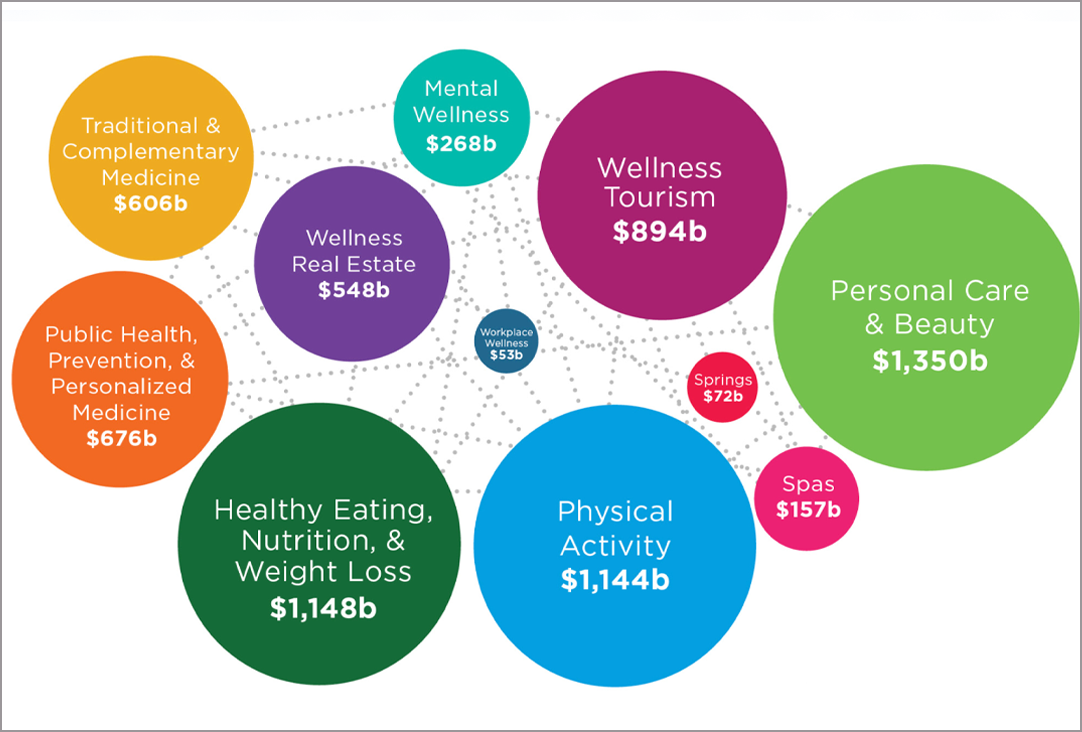A comprehensive comparison of Whole-Body Cryotherapy and Cold-Water Immersion, exploring their physiological effects, safety considerations, benefits across wellness, medical, and sports settings, and guidance for choosing the right cold-therapy modality. This expert-driven report breaks down temperatures, timing, risks, outcomes, and long-term benefits to help providers and individuals apply cold therapies safely and effectively. The book is available immediately for complimentary download.





























































